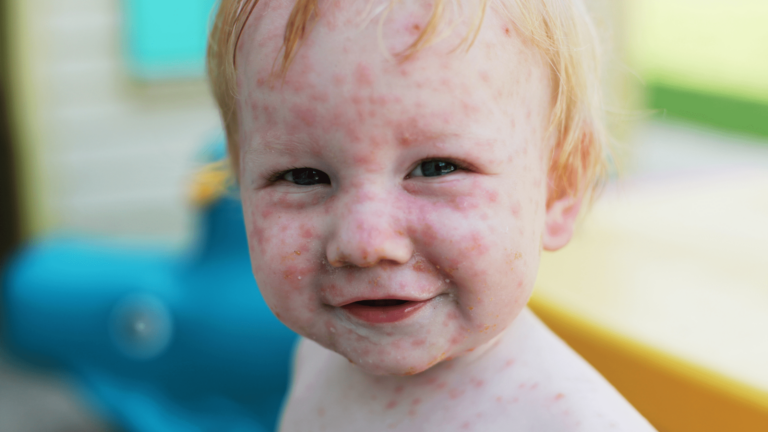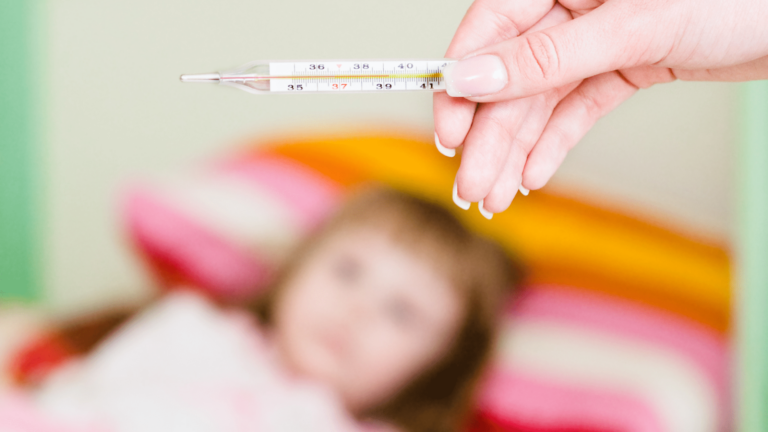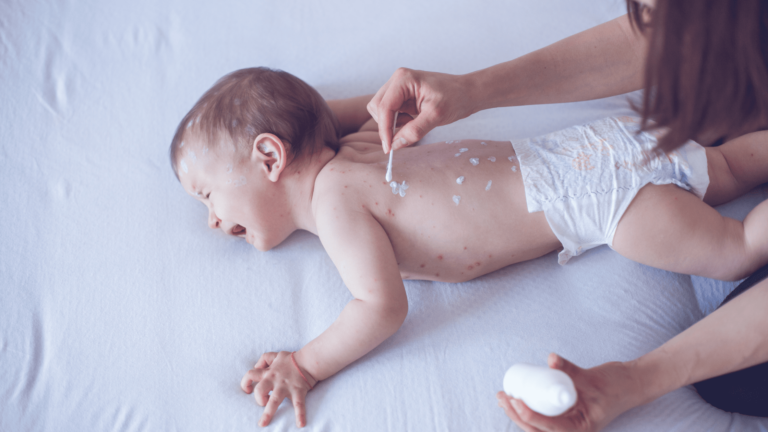Chickenpox is a viral infection that is synonymous with children, but adults can still be susceptible to this too. If you haven’t had chickenpox as a child, chickenpox as an adult can be a more serious problem for you, which is why you should avoid being around anyone with this virus, particularly during their most infectious stage. Below are some tips and advice on what you can do to help ease symptoms of chickenpox and also keep others safe from infection
Keeping Others Safe
It’s important to ask the question: when is chickenpox contagious? There will be different stages of infection that are a greater risk than others. Generally speaking, chickenpox can spread to others for up to two days before your fever blisters even begin to show, which makes it harder to reduce the spread to others. This is why it’s good to watch out for other symptoms of chickenpox, like a high temperature, aches and pains, and a loss of appetite. These symptoms can sometimes be indicative of another virus that causes cold or flu, but this isn’t always the issue. Either way, if anyone in your household is going through this, try to keep them isolated to the best of your ability. You can still be contagious for up to five days after your spots appear, so you do need to make sure that you or the infected person stays away from others during this time.
This is why online GP appointments are highly recommended during this time. You can ensure that the infected person can get the treatment and professional advice they need without physical contact. Check out the full list of tapGP treatments to see just how good online appointments can be for you.
Treating Chickenpox
Chickenpox can be very uncomfortable, particularly when the sores begin to itch and the fever blisters start to appear all over. It is important to try and avoid scratching as this can break the sores and risk infection and further illness. It could also put you at a greater risk of developing scars on your skin. Some methods to help speed up the healing time include using antiviral medication that you can get from your doctor. Staying hydrated is also very important, especially as you can lose a lot of water through sweating when you have a fever. You can also take paracetamol to help ease pain, but avoid taking ibuprofen as it can put you at risk of skin infections – ask your doctor about this if you’re unsure.
Other natural remedies you can try to encourage the healing process are getting plenty of rest and bathing in cool water can also help relieve some of the itchings, as can dressing in loose clothes.
You should apply a topical cream a few times a day with clean hands to help with this as well. One option is to mix lotion and essential oils like Chamomile or Lavender. If you want to try any other remedies, speak to your doctor or look for medically reviewed options. It’s also important to note that chicken pox will not cause oral or genital herpes, although it is a virus in the same family.
If you ever find yourself in a situation where your child or someone else in your household gets chickenpox, remember that it will be contagious, and it’s important to keep friends and family, especially old and young people, at a distance to avoid spreading the virus. Use these tips to help you achieve that and make them more comfortable until they are healed. If home remedies don’t work, make sure to reach out to tapGP to book an online appointment to avoid going out at all.



